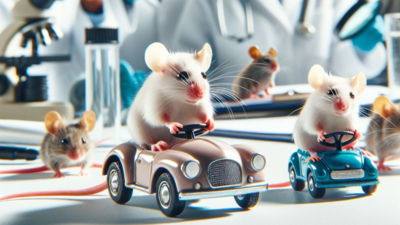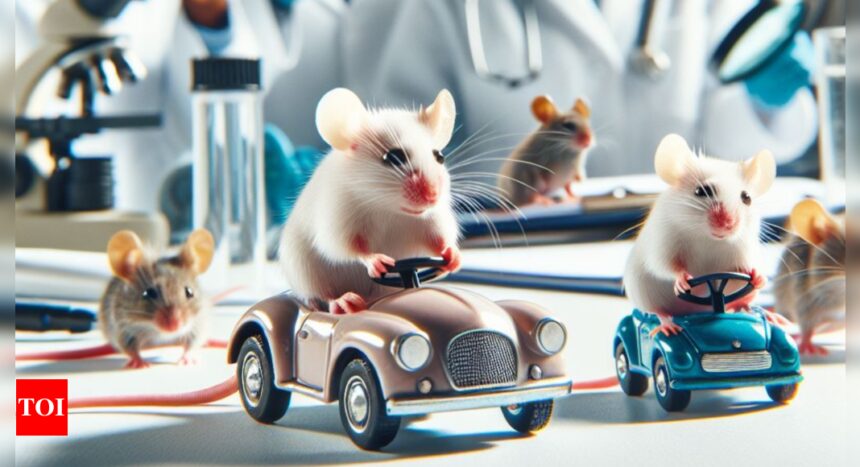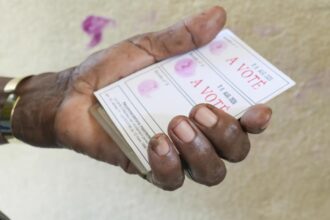
Research since 2019 has shown that rats not only can operate small vehicles but genuinely enjoy the experience, including the thrill of revving their engines.
Kelly Lambert, a neuroscientist at the University of Richmond, leads this fascinating study. Her team discovered that their test subjects displayed remarkable enthusiasm for their driving sessions.
“Unexpectedly, we found that the rats had an intense motivation for their driving training, often jumping into the car and revving the ‘lever engine’ before their vehicle hit the road,” Lambert wrote in an essay for The Conversation last week.
The study investigates animal-environment relationships, cognitive development, and skill acquisition. This unique research gained widespread attention in 2022 and was featured in a Netflix documentary.
The findings indicate that rats demonstrate visible excitement before their driving sessions.
“The three driving-trained rats eagerly ran to the side of the cage, jumping up like my dog does when asked if he wants to take a walk,” Lambert wrote.
“Had the rats always done this and I just hadn’t noticed? Were they just eager for a Froot Loop, or anticipating the drive itself? Whatever the case, they appeared to be feeling something positive — perhaps excitement and anticipation,” she added.
Researchers suggest the rats’ enthusiasm stems from both their conditioned response to rewards and their positive experiences operating the vehicles.
The study incorporated Froot Loops as rewards to encourage driving behaviour. However, the rats showed interest in driving even without treats.
“Rather than pushing buttons for instant rewards, they remind us that planning, anticipating and enjoying the ride may be key to a healthy brain,” she wrote.
The research concept originated from Beth Crawford, a former University of Richmond psychology professor. Initially dismissed by Lambert, she later recognised its potential scientific value for understanding rodent behaviour.
“It’s an interesting, complex task about movement and travel. It’s about moving in time and space, but not moving the body,” Lambert explained to The Collegian, the university’s student newspaper, in 2020.








